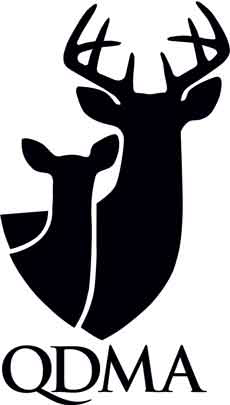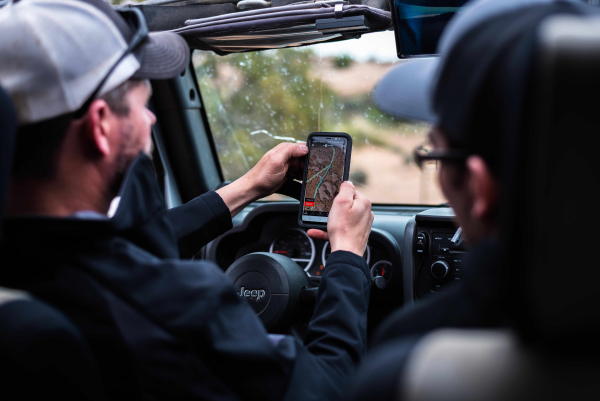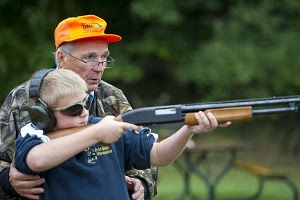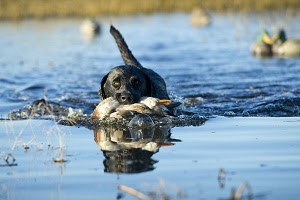Michigan conservation officers helping curb the risk of wildlife disease
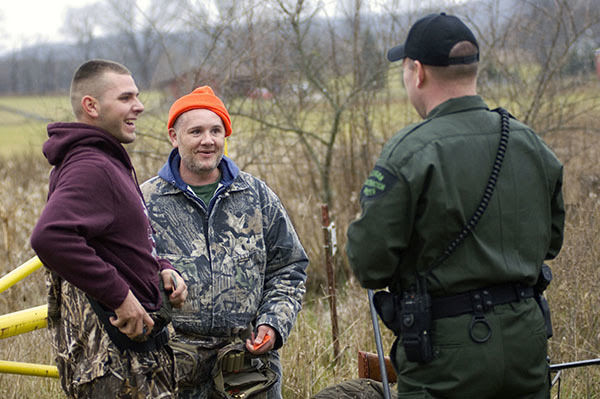
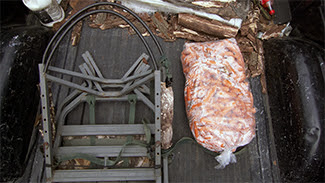
People might not think immediately of Michigan’s conservation officers as being on the front lines in the fight against wildlife diseases.
However, the roughly 200 men and women sworn to protect the state’s natural resources are vitally important in helping to control disease threats, including bovine tuberculosis and chronic wasting disease.
This disease, always fatal to those white-tailed deer contracting it, has been detected in several Michigan counties, prompting the Michigan Natural Resources Commission and Department of Natural Resources to implement deer baiting and feeding bans in effect for this fall’s hunting seasons.
“These bans are in place to try to help minimize the amount of contact between deer congregated where baiting and feeding occur,” said John Pepin, Michigan DNR deputy public information officer. “Chronic wasting disease can be transmitted through direct deer-to-deer contact, or by contact with saliva, feces, urine, blood and contaminated feed, water, plants, soil or carcass parts.”
In the Lower Peninsula, a ban went into effect Jan. 31 for all 68 counties south of the Mackinac Bridge. Regulations also restrict carcass movement in the Lower Peninsula and prohibit importation of certain carcass parts statewide.
In the Upper Peninsula, baiting and feeding deer is banned in a core CWD surveillance area situated in portions of Dickinson, Menominee and Delta counties. Throughout the rest of the U.P., baiting and feeding is allowed, but must be done in line with state regulations.
Tomorrow is Michigan’s opening day of firearm deer hunting season. For those who have been getting ready by baiting deer in violation of the law, odds are good conservation officers are aware.
Whether in the air or on the ground, patrols have been ongoing for weeks and are conducted by a range of means.
 |
| Conservation officers are responsible for locating illegal bait, educating hunters and enforcing current regulations to help reduce the risk of CWD. Officers manage deer and elk carcass movement by conducting increased patrols, enforcement and surveillance at primary access points between counties and states.
Illegal baiting can result in court costs and fines, a revoked hunting license, confiscated game and jail time. Read more |






